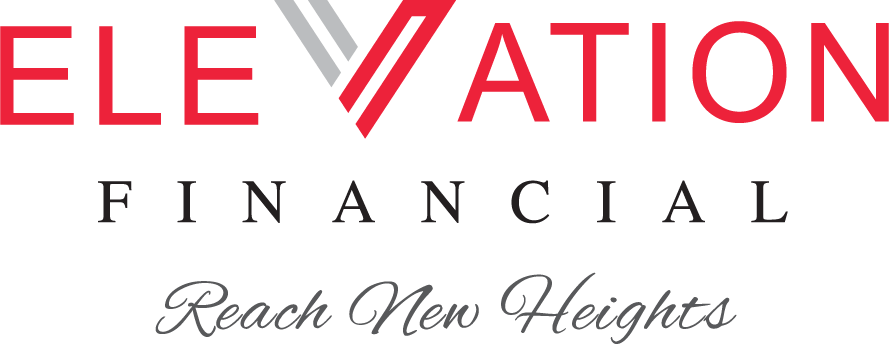A lot goes into finding the right loan for a small business. Every entrepreneur would need to come armed with the knowledge of the standard loan terms to find the best possible business loan for their enterprise. The jargon that lenders often use can confuse a person that has never applied for a loan. For example, an entrepreneur who can’t understand the difference between the interest rate and annual percentage rate can end up choosing an expensive loan. Here are the common terms every entrepreneur needs to understand before applying for a loan.
Collateral
Collateral refers to anything that a borrower offers the lender to mitigate the risk of not repaying the loan on time and in full. The lender can seize whatever was given as collateral if the borrower is unable to repay the loan. Collateral can be any business asset, including cash, vehicles, equipment, or real estate. Some loans, such as invoice financing and equipment loans, come with built-in collateral or security. That means the borrower can only seize the exact thing that the loan will finance in case an entrepreneur defaults.
Fixed and Variable Interest Rates
Interest rates are among the top considerations when an entrepreneur is out there looking for a loan. Your interest rate can either be variable or fixed. Variable interest rate means that the rate can fluctuate with market changes, whereas a fixed rate remains constant over the loan lifecycle. Fixed interest rates eliminate doubts that your loan may get expensive over time. Experts recommend fixed interest rates when the market rates seem low.
Debt-Service Coverage Ratio
Risk is always on top of the mind of almost every lender. That means the lender will want to be sure if the borrower can repay the loan on time and in full. Debt-service coverage ratio calculation can help determine how creditworthy a borrower is. It measures the number of assets and cash a borrower has to service debt.
Principal
Principal refers to the amount of money a business person is borrowing. However, it doesn’t include any fee or interest charges tied to a loan. The more borrowers pay off their principal, the quicker they repay their loan.
It is no longer wise for entrepreneurs to rush into applying for a loan. Instead, borrowers should research throughout the loan application process to ensure that they understand every acronym or term that a bank or financial institution may throw at them.
